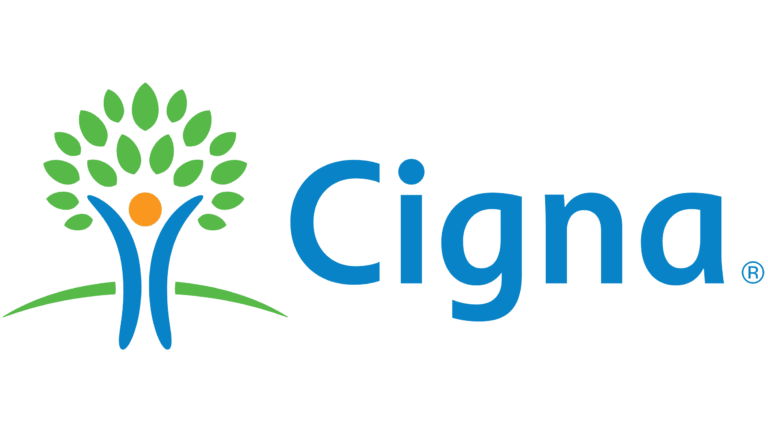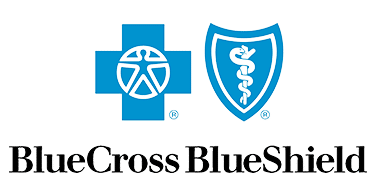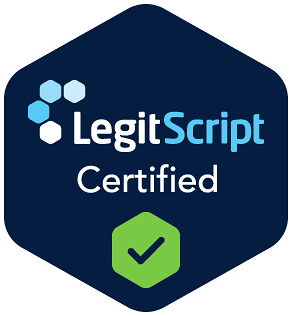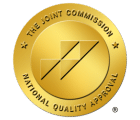Completing rehab is a monumental achievement and a critical step toward a healthier, sober life. However, the journey doesn’t end once you leave a treatment center. In fact, for many individuals, the real challenge begins when they reintegrate into everyday life. Understanding how to avoid relapse after rehab is essential for maintaining long-term sobriety. While relapse is a common concern during recovery, it doesn’t have to be inevitable. With the right strategies and support systems, you can safeguard your progress and continue building a fulfilling, substance-free life.
Here are six proven ways to help you stay on track and understand how to avoid relapse after rehab:
1. Build a Strong Support Network
One of the most critical factors in long-term sobriety is having a reliable and encouraging support system. Surrounding yourself with people who understand your journey and are committed to helping you stay on track can make all the difference.
- Join Support Groups: Organizations like Alcoholics Anonymous (AA) or Narcotics Anonymous (NA) provide a community of individuals who share similar experiences. Attending these meetings regularly helps maintain accountability and offers a safe space for encouragement.
- Continue Therapy and Counseling: Professional therapy provides ongoing support and a confidential environment to discuss challenges, emotions, and successes. Cognitive-behavioral therapy (CBT) and other therapeutic approaches equip you with coping strategies for long-term success.
2. Establish Healthy Routines
Creating a structured daily routine for health and wellness can bring stability, especially in the early stages of recovery when temptations may be more potent.
- Exercise Regularly: Physical activity releases endorphins, which help reduce stress, boost mood, and improve overall well-being. Practices like walking, yoga, swimming, and strength training can all immensely benefit your mind, body, and soul.
- Eat a Balanced Diet: Proper nutrition stabilizes mood and energy levels, making it easier to resist cravings.
- Prioritize Sleep: Aim for at least 7-9 hours of sleep per night. A well-rested body and mind are more resilient to stress and less vulnerable to relapse triggers.
3. Identify and Avoid Triggers
Recognizing the people, places, or situations that might tempt you to use substances is essential in preventing relapse. Understanding how to avoid relapse after rehab includes being proactive about managing triggers.
- Stay Away from High-Risk Environments: Avoid bars, parties, and social circles that involve substance use. If a specific location or activity reminds you of past substance use, find a healthier alternative.
- Develop Coping Strategies: Stress, boredom, and emotional distress are common relapse triggers. To manage stress healthily, engage in mindfulness meditation, deep breathing exercises, or new hobbies.
4. Set Realistic and Achievable Goals
Having clear and attainable goals can give you a sense of purpose and motivation to continue your sobriety journey.
- Short-Term Goals: Set daily or weekly objectives, such as attending a certain number of support meetings or engaging in self-care routines.
- Long-Term Goals: Consider your future aspirations, including career growth, education, personal development, or rebuilding relationships. Writing down your goals can remind you what you’re working toward.
5. Stay Engaged in Positive Activities
Idle time can often lead to temptation and cravings. Engaging in meaningful activities helps redirect your focus and creates a sense of fulfillment.
- Pursue New or Old Hobbies: Whether painting, writing, playing an instrument, or engaging in sports, finding enjoyable activities keeps your mind occupied constructively.
- Volunteer: Helping others can provide a sense of purpose and fulfillment. Community service or mentorship opportunities allow you to give back while reinforcing your commitment to a sober lifestyle.
6. Develop a Long-Term Recovery Plan
Having a concrete plan in place for long-term recovery can significantly improve your chances of maintaining sobriety. Learning how to avoid relapse after rehab means having a solid aftercare strategy.
- Create an Aftercare Plan: Work with your treatment center or therapist to develop a plan that includes regular check-ins, continued therapy, and support group attendance.
- Have Emergency Contacts Ready: If you ever feel tempted or overwhelmed, having a list of supportive contacts—such as a sponsor, therapist, or trusted friend—can help you stay accountable and get immediate support.
Stay Connected with Professionals to Avoid Relapse After Rehab
Recovery is an ongoing process; professional support can be crucial to long-term success. Our team can support you at Palm Beach Recovery Centers even after your initial treatment. Our aftercare programs provide continued guidance and resources to help you navigate the challenges of life after rehab.
Take the Next Step Toward Lasting Recovery
You are not alone in this journey. If you or a loved one is struggling with addiction or needs assistance after rehab, Palm Beach Recovery Centers in South Florida is here to help. Our compassionate team is dedicated to providing the support, care, and tools you need to maintain your sobriety and build a brighter future.
Reach out today and take the following steps toward lasting recovery. With the right strategies and support, you can successfully navigate life after rehab and maintain a substance-free future.









